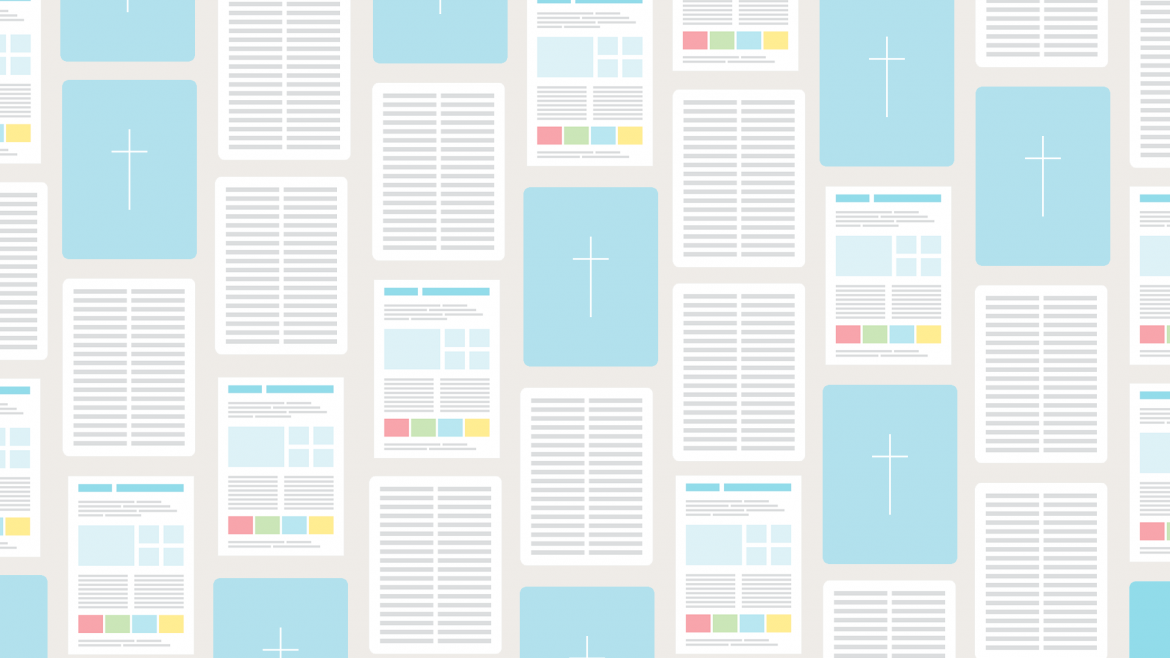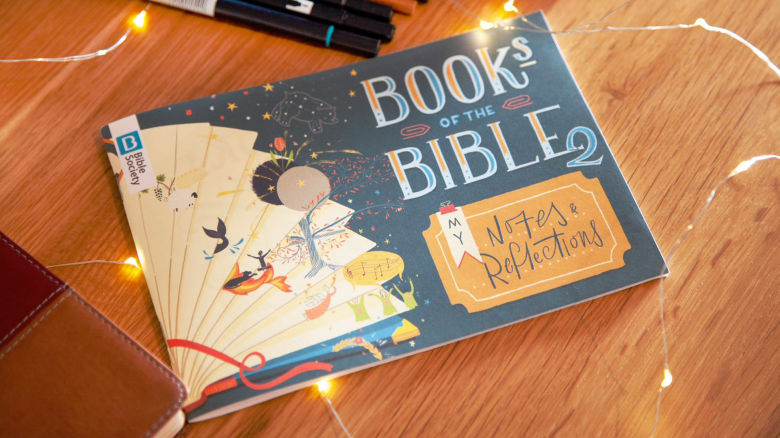The book of Leviticus is a collection of laws, most of which are focused around the question of how best to worship God. Right at the heart of Leviticus lies the principle of holiness. God is holy, and so holiness describes the deep character of God. Leviticus describes both how God can be worshipped and how his people can themselves be holy, as a reflection of who God is in the world.
You shall not take vengeance or bear a grudge against any of your people, but you shall love your neighbour as yourself: I am the Lord. (Leviticus 19.18)
33When an alien resides with you in your land, you shall not oppress the alien. 34The alien who resides with you shall be to you as the citizen among you; you shall love the alien as yourself, for you were aliens in the land of Egypt: I am the Lord your God. (Leviticus 19.33–34)
You shall be holy to me; for I the Lord am holy, and I have separated you from the other peoples to be mine. (Leviticus 20.26)
Well, yes … the whole book of Leviticus. It can be difficult to read. Some tips that might help you make more sense of it:
The worship of Christianity is very different from the worship of Leviticus, but it is hard to understand the New Testament without having some grasp of sacrifice, purity and temple worship.
Traditionally Moses was regarded as the author of the first five books of the Bible (Genesis–Deuteronomy), known in Judaism as the Torah and in Christianity often as the Pentateuch (or five teachings).
Today many scholars would argue that Moses was not the author of the Pentateuch but that these five books grew up over a long period of time and were written down and edited from oral tradition.
The focus of Leviticus is on the Temple and on matters that particularly concern the priests and Levites who served there. Many think their influence may lie behind this collection of laws.
Many scholars think that Leviticus reached its final form around the sixth century BC, though it contains material that dates back much earlier than that.
At least in part, Exodus, Numbers and Deuteronomy, which are all set around the time of the giving of the law.
Law – particularly what is called priestly law, in other words the laws that govern how the worship of God should take place.
Chapters 17–26 form what is often called the Holiness Code, a particular collection of laws that give guidance on how to be holy.
1.1 Setting the scene – God speaks to Moses
1.2–7.38 Laws about sacrifices
8.1–10.20 The institution of the priesthood
11.1–15.33 Laws about purity and impurity
16.1-24 The Day of Atonement
17.1–27.34 The Holiness Code – guidelines for holy living
There will be lots of names you will not know; don’t worry if you can’t place them all. The key ones are given below.
Canaan, Dan, Israel, Mount Sinai, Sinai (Peninsula)
Isaac, Levites, Moses
Altar, atonement, burnt offering, censer, day of atonement, Feast of unleavened bread, high priest, idols, jubilee, lampstand, Levite, Passover, priest, Torah, Urim and Thummim
Sacrifices – every time you see commands about a sacrifice, notice what it was for and how it was done. That way you will build up a bigger picture of how sacrifice was seen in the temple.
Notice how the word 'holy' or 'holiness' is used. What do you think it meant?
Also look out for pure/impure; purity/impurity; clean/unclean. As you read, notice what was declared to be in each category and see if you can work out why certain things were declared to be one or the other.
The book of Leviticus explains in great detail how Jews could worship God in the temple. Look beneath the strange practices, language and laws and ask what, if anything, we might learn about worship from how they practised?

Here are 8 handy tips to get your book club up and running.

Here are some ideas to get you started.

Unsure of the meaning of a word or phrase in the Bible? Check our glossary of terms.
Books of the Bible journal: 2nd Edition
Journey through the Bible, one book at a time, with the 2nd edition of our Books of the Bible journal.
